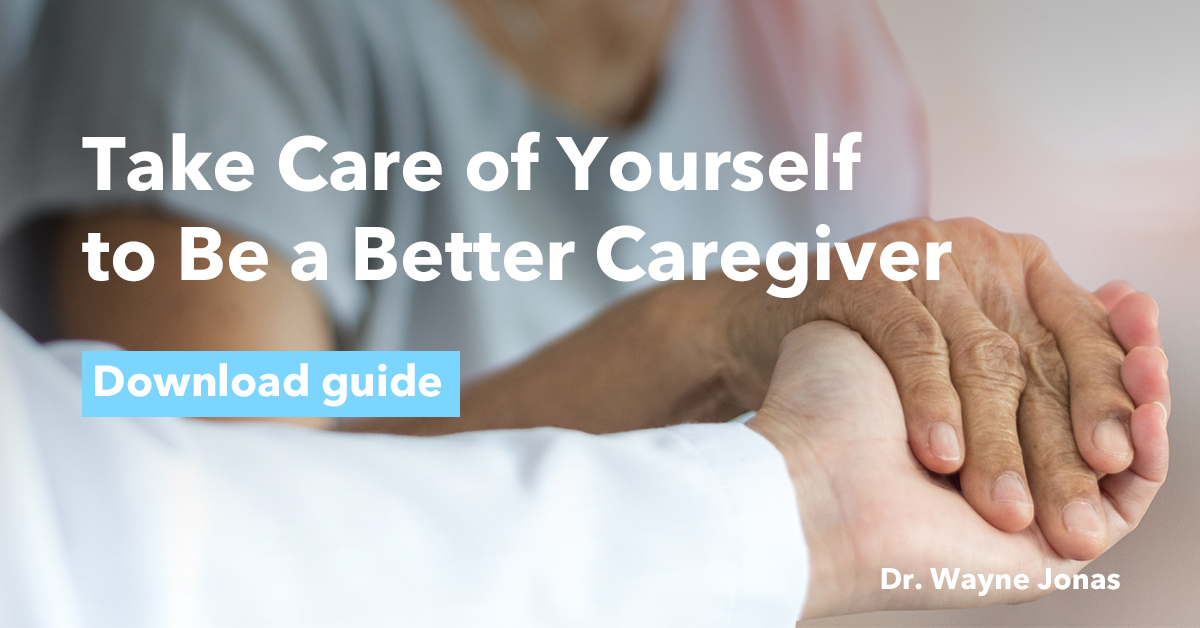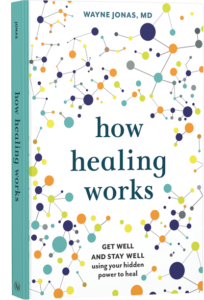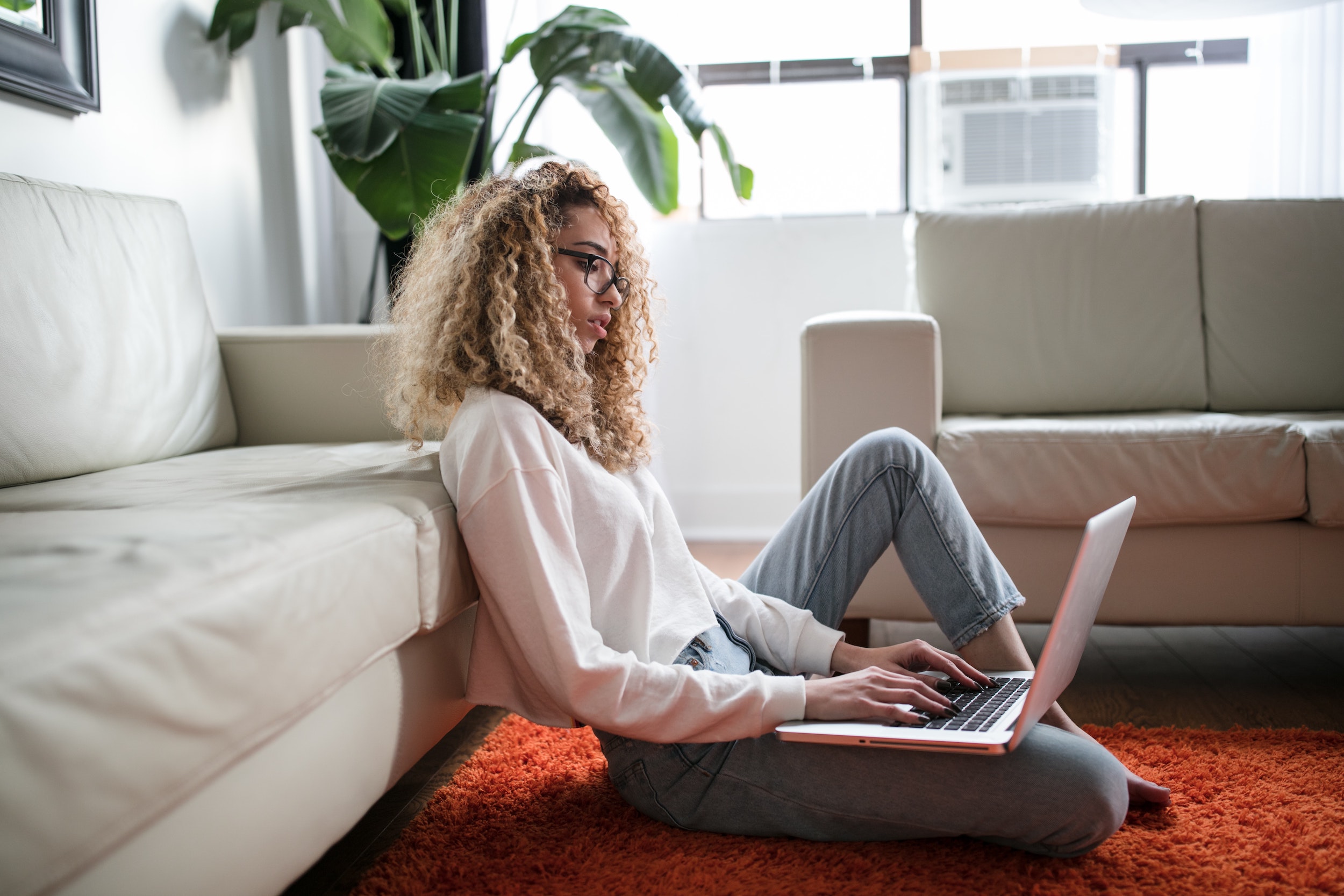It has been just over a month since our new survey was conducted and published by The Harris Poll on behalf of the Samueli Foundation. Its findings have offered a unique insight into the state of self-care in the present and eventual post-pandemic world.
The new survey we published asked 2,051 US adults aged 18 and over about their health during the current pandemic. A few of the major results included:
- The vast majority of U.S. adults (80%) say they will be more mindful about practicing self-care regularly once the pandemic is over.
- More than one in four Americans report a lack of energy (30%), difficulty sleeping (29%), or exercising less (29%) during the pandemic.
- A majority (64%) say they are focused on their mental health now more than ever.
- Nearly half of Americans (44%) say they wish they had more guidance and support for practicing self-care during the pandemic.
Compared to before the pandemic, roughly one-third say they are practicing more creative activities (35%), praying more (31%), or engaging in more meaningful conversations with friends and family (31%). Most U.S. adults (83%) report that technology has been essential in helping them to stay connected with others. One in four also report that they are spending more time outdoors or eating healthy foods more.
However, a majority also cite disruptions in obtaining regular and preventative healthcare services: 55 percent say they are scared to get healthcare during the pandemic. This is felt most acutely by people who have had a household income reduction during the pandemic (64% vs. 46% of those whose household income has not decreased due to the pandemic). Nearly half (45%) of all U.S. adults say they have failed to get preventive healthcare (e.g., wellness visits, standard vaccinations, screenings, etc.) during the pandemic.

At a time when healthcare is needed the most, a majority of people are scared to seek it out. This not only leaves them without critical immediate care, it also halts necessary preventative care that is vital to chronic disease prevention and management.
Luckily, our most recent blog posts are aimed at understanding the new normal of healthcare and what both patients and providers can do to better treatment and healing during this time of isolation. Take a look.
When Less Means More: Less Medical Care Means More Self-Care
- Researchers say there is no single factor that causes loneliness. But social isolation – being away from routine daily interactions with family, friends, coworkers and neighbors – is a likely cause for many of us. Here are some tips to help you deal with social isolation and loneliness.
Healing Patients in this Time of Loneliness and Social Isolation
- Social distancing is essential in helping flatten the COVID-19 curve but it’s also having a devastating effect on our patients’ physical, mental and spiritual health. Be aware of the dangers of loneliness and social isolation, so you can be part of the solution.
A Better Way to Manage Chronic Diseases: In-Person and Virtual Group Visits
- A nationally recognized expert and educator on functional and integrative medicine, Dr. Saxena is a pioneer in lifestyle-based group visits. She works with her patients to identify the source of disease symptoms and develop a personalized care plan that addresses the underlying root causes of the disease. The plan includes all appropriate therapies—conventional, complementary and lifestyle—based on current evidence.
As the country begins our recovery, it will inevitably create questions about the future of the healthcare system. The findings from this study show the critical need for a system that empowers individuals to maintain healthy habits they formed and emphasizes strategies that support self-care—like good nutrition, exercising, and stress reduction—alongside guidance from physicians.
Coverage
We are so pleased that many journalists have shared our survey and its important findings with their growing audiences in an effort to educate and inform. Below are links to some of the coverage garnered over the past few weeks.
-
COVID-19 could encourage more of us to practice self-care finds new survey (Yahoo! News)
-
Am I Depressed? Coping With Depression Symptoms During the Coronavirus Pandemic (Good Housekeeping)
-
Majority of U.S. Adults Looking to Practice More Self-Care, Survey Finds (WholeFoods Magazine)
- Survey Finds COVID-19 Has Increased Awareness, Implementation of Self-Care (Pharmacy Times)
Survey Findings and Method
The survey findings can be found online here.
The Social Isolation Survey was conducted online by The Harris Poll on behalf of Samueli Foundation among 2,051 U.S. adults ages 18+ surveyed from May 5 to 7, 2020. This online survey is not based on a probability sample and therefore no estimate of theoretical sampling error can be calculated. For complete research method, including weighting variables and subgroup sample sizes, please contact Stacy Skelly at sskelly@TheReisGroup.com.
Download the full one-page infographic, here.

Your Health Into Your Own Hands
Drawing on 40 years of research and patient care, Dr. Wayne Jonas explains how 80 percent of healing occurs organically and how to activate the healing process.

